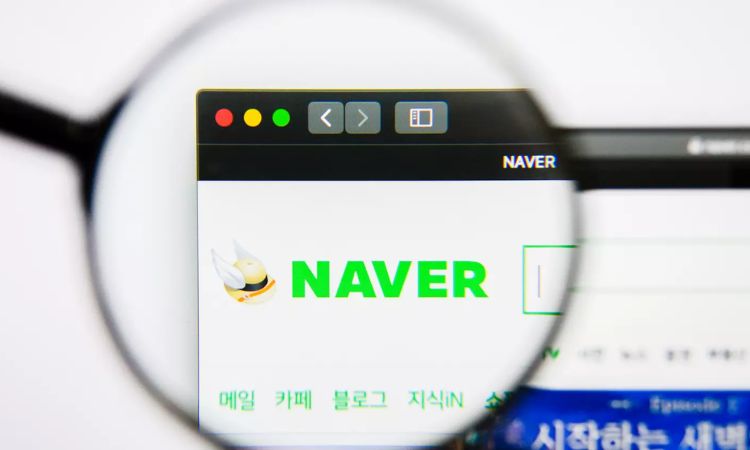Korean internet company Naver has ventured into the world of intelligence with its new tool called HyperCLOVA X. This AI tool focuses on providing search results and tailored services for businesses. The software suite includes CLOVA X, which aims to enhance web interactions, and Cue, which seamlessly integrates with the Navers search engine. Naver is dedicated to tapping into markets by prioritizing AI solutions that are tailored to regions, with geopolitical sensitivity and non-English speaking communities.

On Thursday, Naver, the prominent South Korean internet conglomerate, introduced its very own generative artificial intelligence (AI) tool, stepping into the excitement ignited by OpenAI’s ChatGPT chatbot towards the end of the previous year.
In spite of the widespread enthusiasm surrounding this burgeoning technology and the substantial financial investments it has attracted, many companies and developers are still in the process of capitalizing on its potential.
Naver’s contribution to the AI landscape comes in the form of HyperCLOVA X, an AI product designed to deliver AI-generated search outcomes for users and to offer tailored services for corporate clients. The tool suite of HyperCLOVA X encompasses CLOVA X, a chatbot application geared towards enhancing web searches, online shopping experiences, and navigation services. Another component, known as Cue, embodies a generative AI function that can seamlessly integrate with Naver’s search engine. Initiating its beta services, Naver will roll out CLOVA X on Thursday, followed by Cue in September, as stated by the company.
Simultaneously, Naver has divulged its collaboration with Samsung Electronics in the development of compact and more efficient chip solutions to bolster its AI technology progress.
A fresh data center catering to HyperCLOVA X services is on Naver’s agenda for a November unveiling, according to their announcement. “We stand prepared to embrace an innovative shift in the form of generative AI,” asserted Naver’s CEO, Choi Soo-yeon, in a formal declaration.
While currently trailing frontrunners like Microsoft-backed OpenAI and Google’s Alphabet, Naver, together with its domestic counterparts, aims to exploit niche markets that remain unaddressed by major U.S. and Chinese tech giants.
Naver’s strategy pivots towards the creation of localized AI applications intended for regions with sensitive political dynamics, such as the Middle East, as well as for countries and territories where English is not the primary language. Examples include Japan and various Southeast Asian nations.















